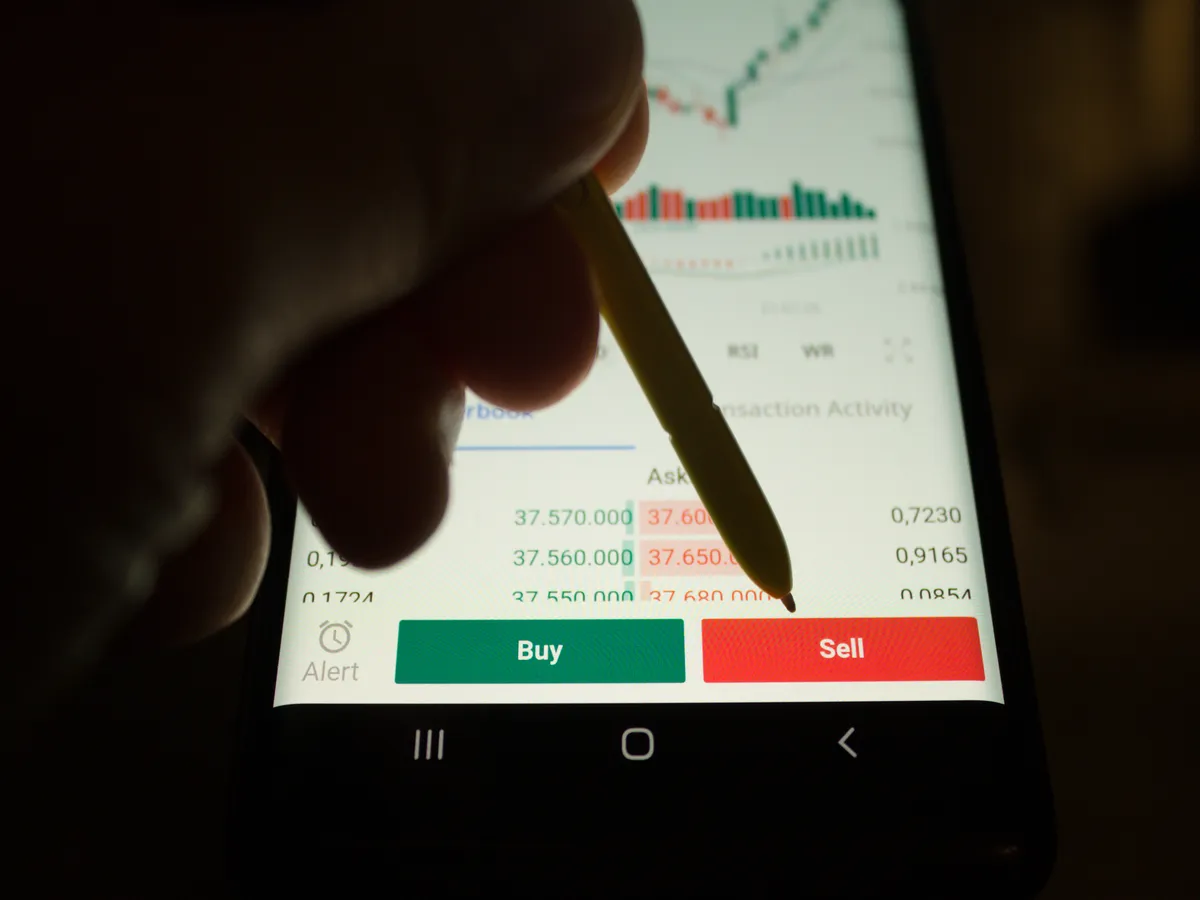Market News
Banking stocks decline up to 8% amid market crash: Four reasons behind the fall

3 min read | Updated on April 07, 2025, 14:49 IST
SUMMARY
The Nifty PSU Bank index during the intraday declined over 3.2% while the Nifty Private Bank was trading down over 4%. The trade war escalation has made the investors jittery across the globe, but there are other factors impacting the sector as well
Stock list

Shares of heavyweights like HDFC Bank and State Bank of India were also trading 3.8% and 3.32% down, respectively, on the 50-share index.
As the Indian stock market crashed following a rout in the global markets, the banking stocks were not spared on Monday, April 7.
The Nifty PSU Bank index during the intraday declined over 3.2% while the Nifty Private Bank was trading down over 4%.
The trade war escalation has made the investors jittery across the globe, but there are other factors impacting the sector as well.
On the Nifty PSU Bank pack, Punjab and Sind Bank was the biggest dragger, tanking over 8.35%, followed by Indian Overseas Bank (-6.14%), Bank of Maharashtra (6.01%), UCO Bank (-5.77%) and Central Bank of India (-5.64%).
Bandhan Bank, Kotak Mahindra Bank, Axis Bank, ICICI Bank and RBL Bank were the biggest losers in the Nifty Private Bank sector, declining as much as 5.59%.
The BSE Bankex sector was also trading nearly 4% down on Monday.
Shares of heavyweights like HDFC Bank and State Bank of India were also trading 3.8% and 3.32% down, respectively, on the 50-share index.
The trade tariff escalations made the global stock markets roil. US President Donald Trump last week imposed reciprocal tariffs on various countries. India faced a 26% tariff on its goods. Further, in retaliation, China imposed a 34% tariff on all US goods.
Experts and analysts believed that this could lead to a slowdown of the US economy and a possible recession. According to a Reuters report, several investment banks raised their recession risk forecasts last week, with JP Morgan putting the odds of a US and global recession at 60%.
Goldman Sachs has also raised the odds of a US recession to 45% in the next 12 months due to sweeping tariffs, the report stated.
Reacting to the tariff announcements, Federal Reserve Chairman Jerome Powell on Friday had said that the tariffs could drive up expectations for inflation, and lower rates could fuel still more price increases. Powell said that the tariffs, and their likely impacts on the economy and inflation, are “significantly larger than expected”.
The foreign institutional investors (FIIs) withdrew ₹10,355 crore from the country's equity markets in the last four trading sessions this month.
The outflow occurred after a net investment of ₹30,927 crore in the six trading sessions from March 21 to March 28. This infusion helped reduce the overall outflow for March to Rs 3,973 crore, according to data from the depositories.
According to the data, FPIs have pulled out ₹10,355 crore from Indian equities in the last four trading sessions (from April 1 to April 4).
The bond market reflected a swift flight to safety. Yields on 10-year US Treasuries fell 9 basis points to 3.90%, while Fed fund futures jumped, now implying an additional 25 basis point rate cut from the Federal Reserve later this year, news agency Reuters reported.
About The Author
Next Story

